News And PoliticsCommunications And EntertainmentSports And FitnessHealth And LifestyleOthersGeneralWorldnewsBusiness And MoneyNigerianewsRelationship And MarriageStories And PoemsArts And EducationScience And TechnologyCelebrityEntertainmentMotivationalsReligion And PrinciplesNewsFood And KitchenHealthPersonal Care And BeautySportsBusinessFamily And HolidaysStoriesIT And Computer ScienceRelationshipsLawLifestyleComedyReligionLifetipsEducationMotivationAgriculturePoliticsAnnouncementUSMLE And MedicalsMoneyEngineeringPoemsSocial SciencesHistoryFoodGive AidBeautyMarriageQuestions And AnswersHobbies And HandiworksVehicles And MobilityTechnologyFamilyPrinciplesNatureQuotesFashionAdvertisementChildrenKitchenGive HelpArtsWomenSpiritualityQuestions AnsweredAnimalsHerbal MedicineSciencePersonal CareFitnessTravelSecurityOpinionMedicineHome RemedyMenReviewsHobbiesGiveawayHolidaysUsmleVehiclesHandiworksHalloweenQ&A
Top Recent
Loading...
profile/8302images3.jpeg.webp
Gistlegit
Dr. Aleesha, Dr Anita Igoni, Dr.Jennifer Obiekwugo, Ronke Thaddeus, CHRISTIANA ASIEDUA-ASIEDU,Guerrero, Okoroji Maryan And Many Honoured In Tanzania
~2.5 mins read
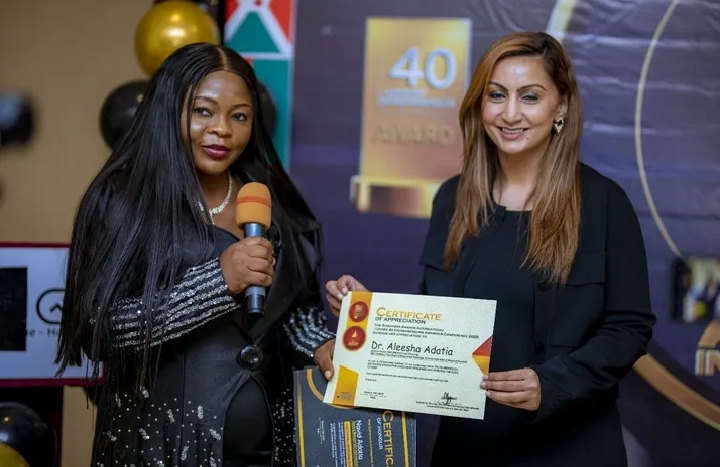
The Achievers Awards International/Under 40 Entrepreneurs Awards Conference 2025 Celebrates Outstanding Achievements of Entrepreneurs, humanitarian, creatives and Innovators at the Golden Tulip Stone Town Zanzibar, Tanzania.
The highly anticipated award and conference recently concluded, bringing together esteemed entrepreneurs, humanitarian , Creatives, innovators, and achievers from various industries across the globe .The event honored exceptional individuals who have made significant contributions to their respective fields, showcasing their remarkable achievements and innovative solutions.
Held on October 10th in Zanzibar Tanzania with an after party dinner at the oriental hotel Victoria Island Lagos Nigeria respectively. The event featured keynote speeches, providing a platform for knowledge sharing, networking, and collaboration. The conference highlighted the importance of innovation, entrepreneurship, wellness and leadership in driving economic growth and development.
The Achievers Awards International recognized outstanding individuals who have demonstrated excellence, resilience, and dedication to their craft. The winners were selected based on their impressive achievements, innovative solutions, and commitment to making a positive impact.
"The event is a celebration of excellence, impact , creativity and innovation," said the organizer ; Amb. Dr. Joy Osusu. "We're proud to recognize and reward individuals who have made a significant impact in their industries. We believe that their achievements will inspire others to strive for greatness."
Some of the award winners include:
H.E. Mrs Fatoumatta Bah-Barrow.
The First Lady of the Republic of Gambia.
Founder Fatoumatta Bah-Barrow Foundation,
Amb. Dr. Bunmi Obakoya , Okoroji Maryann Obianuju,
Olaronke Thaddeus , Amb. Daniel Ogidi, Amb. Dr. Anita May Igoni, Christian OCHIAGHA ,HRH. Dr. Maryam Elisha , Hon.Donald Peterson PhD, Babajide Guerrero, TEEMIRROR, Amb. Dr Bernardette Erommaose Nwokoro,Michelle Oduah, ,Chioma Annita, Dr. Phophi Ramabulana Azubuike,Gospel Jonathan Obiuwevbi, Olatubosun Ayuba Salami ,Adeyinka Lukman Afolabi, MOC MADU, Chinenye Nnebe, Happiness Kalu, Tommy Roland, Susan Jimah , TUMAINI LA MAISHA TANZANI, CHRISTIANA ASIEDUA-ASIEDU,Jennifer Obiekwugo,
Agness Suleiman Kahamba, Royalty Somtochukwu. John Sele Philip,Endurance Grand, Pappaz Attire, Fire K Stars (Uganda), Khloes Grams, John Merry (Beeauty goddess).Dr. Aleesha Kurbanali Adatia (Tanzania),Navid Adatia, Princess Ufuoma Bezi,Dr. Princess Akawor Dolor, Youngdi Azomor ,Emeka Okoye,Monica Friday,D Peterson Foundation,Stylish Brown, Loretta Uyoyo Adewoyin, Merenma, Umeh, Amb. Emmanuel Ossai, IGBODO EHIS GODSPLAN,Emeka Darlington ,Queen Adaku Onwere, TOKAN GLOBAL MEDIA, King Dasilva Olasunkanmi ,PRINCE TEMILOLUWA O. BAYODE.
The event also featured the launch of their magazine called The Achievers Chronicles Intl......Celebrating the Spirit of Entrepreneurship.
Through this Magazine, we aim to inspire the next generation of entrepreneurs — to share stories of struggle and triumph, to connect dreamers with doers, and to create opportunities for growth, learning, and collaboration.
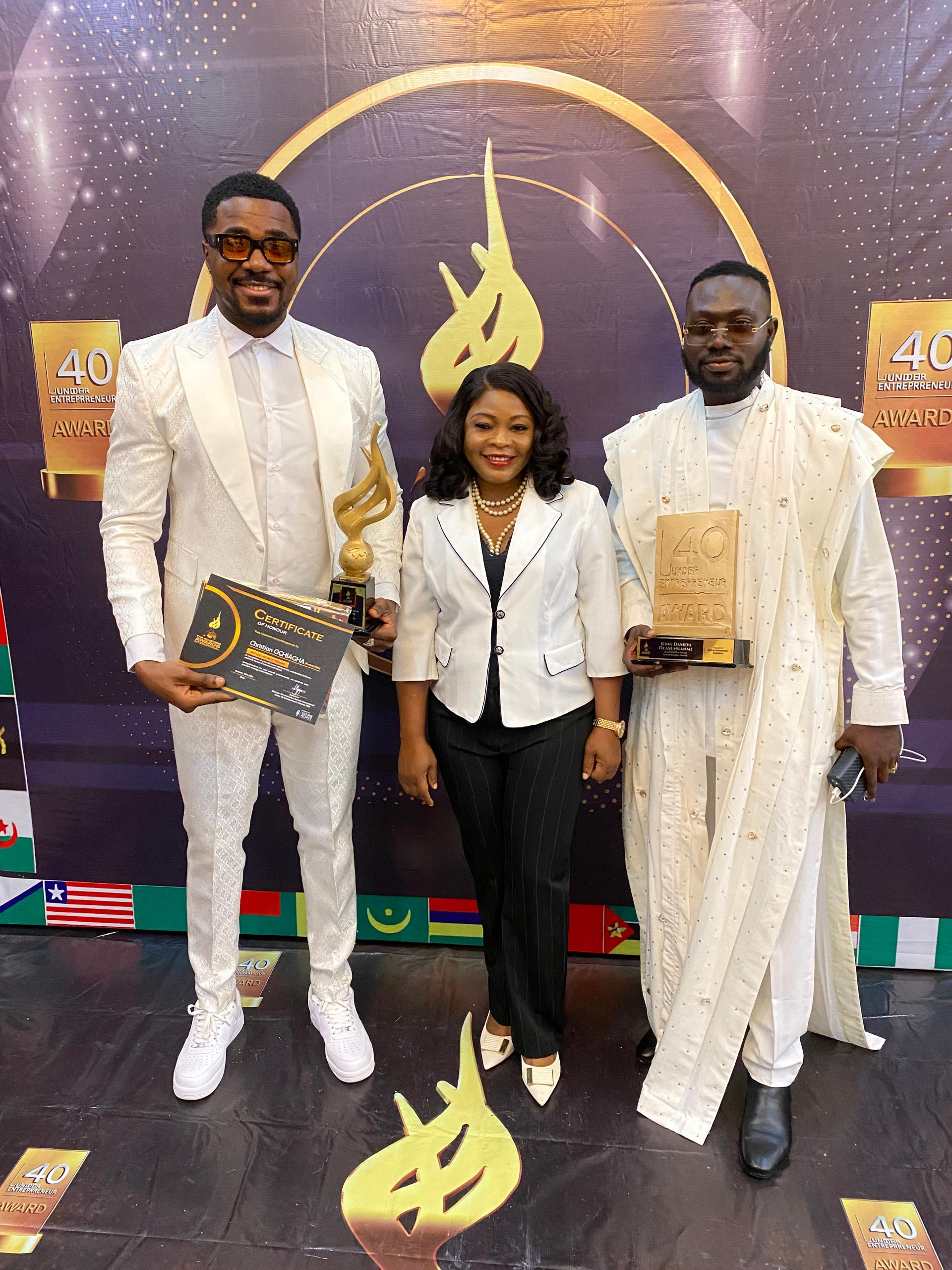
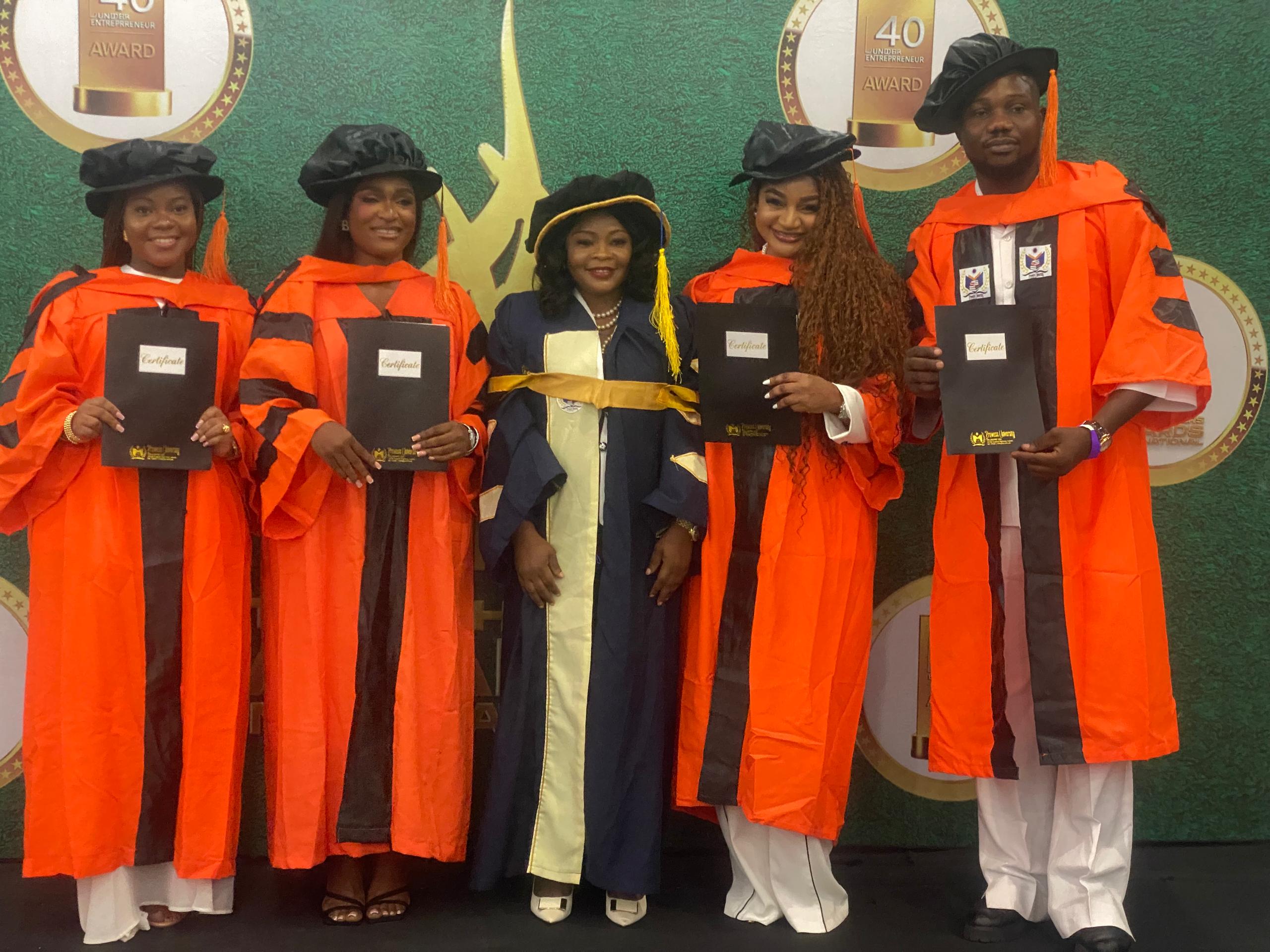
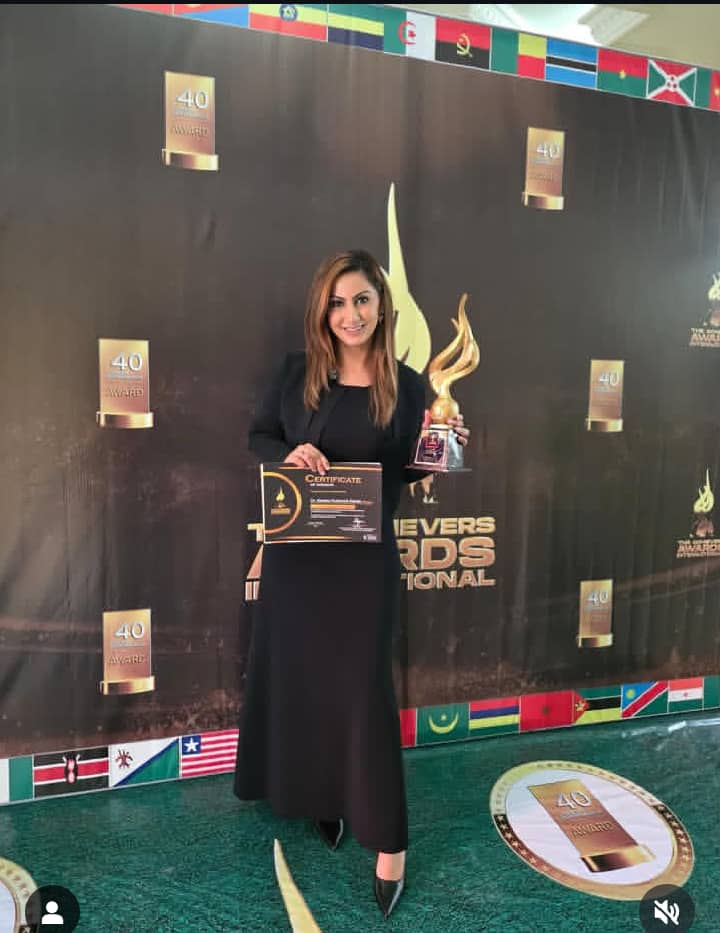
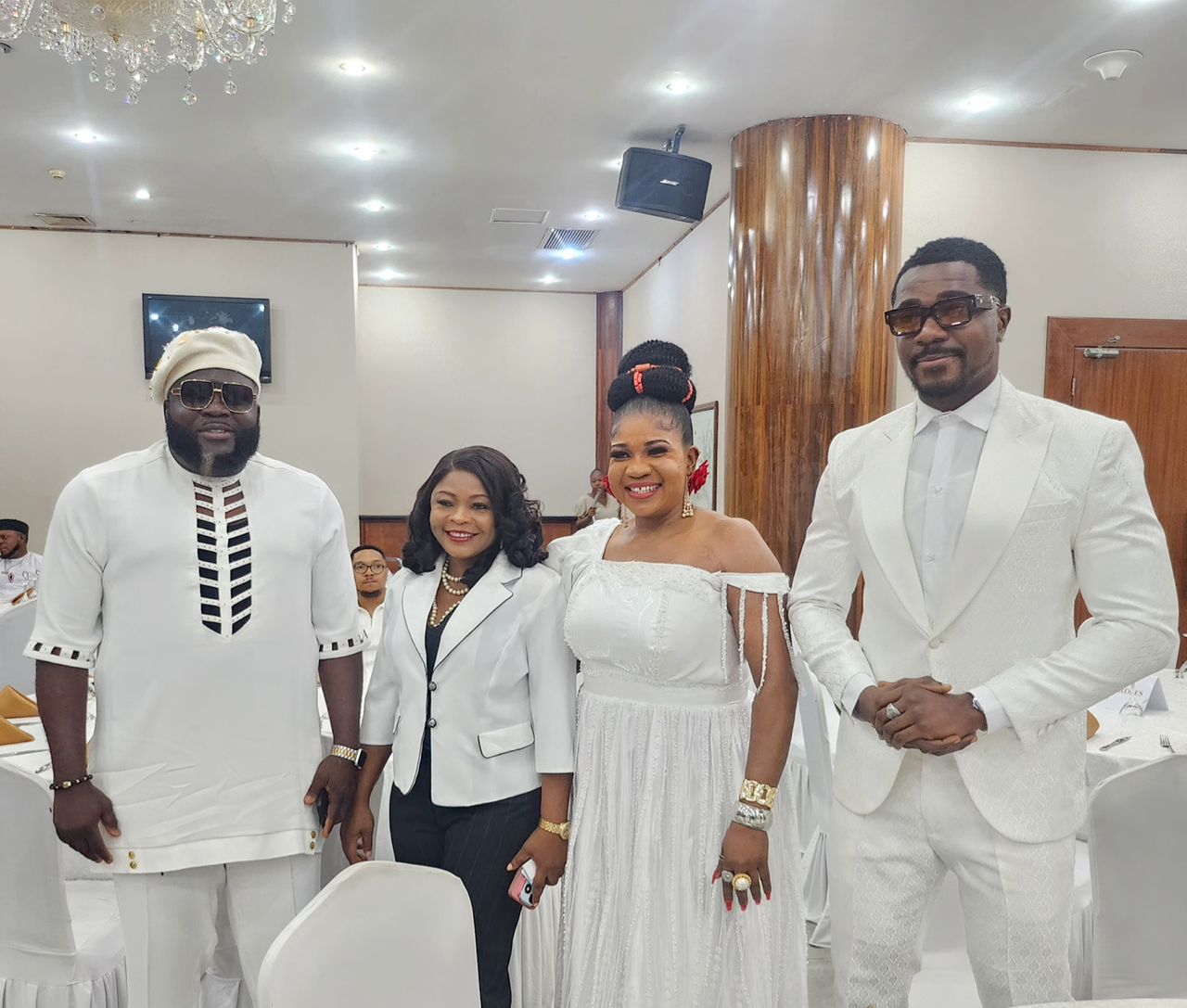

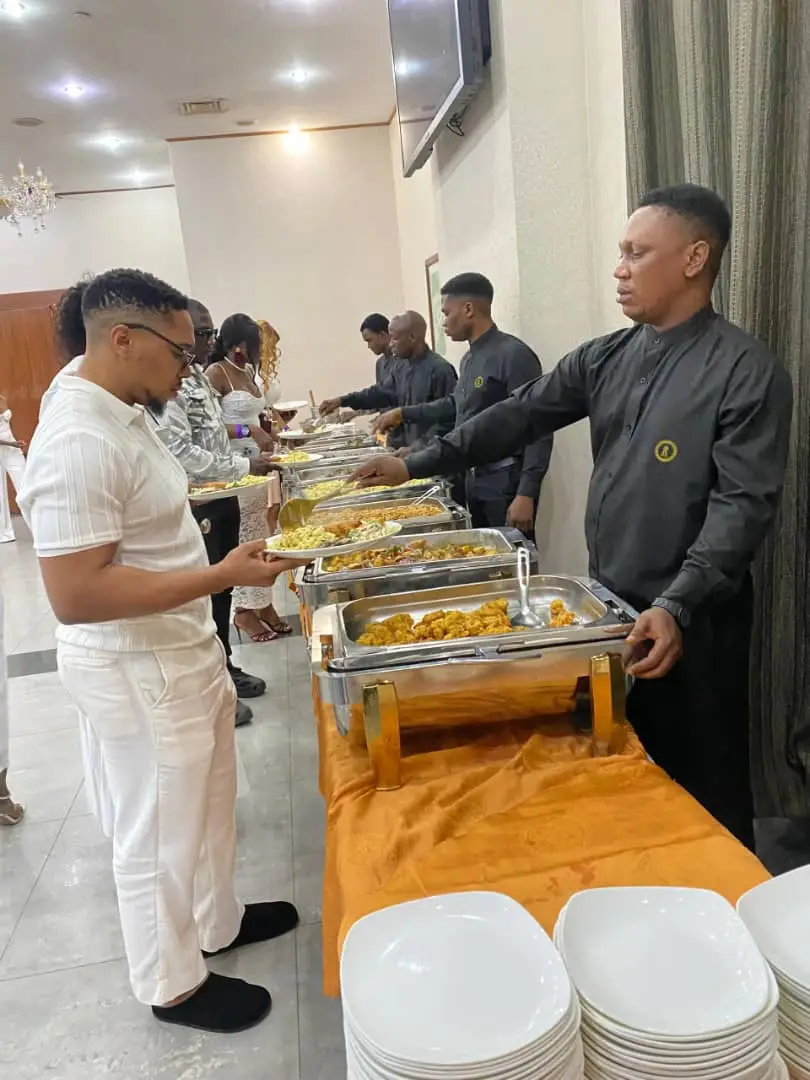
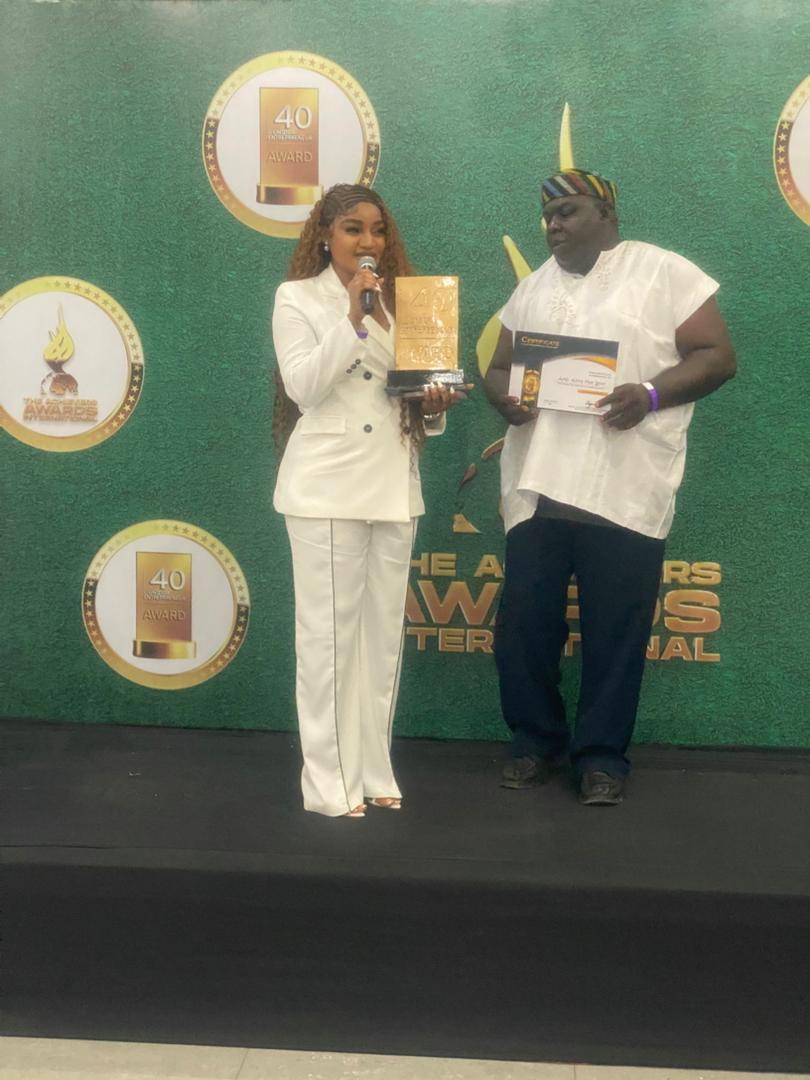









Images/noimage.png
Saberion

Web Development Sri Lanka
~1.4 mins read
Saberion is a premier technology solutions provider in Sri Lanka, offering a comprehensive range of services in web design Sri Lanka and web development Sri Lanka. Recognized as one of the top web development companies in Sri Lanka, Saberion combines creative design, modern development practices, and scalable solutions to deliver websites that are not only visually appealing but also highly functional and optimized for performance. Their expertise extends across mobile application development, including full-cycle mobile app development and mobile application development in Sri Lanka, catering to businesses of all sizes, from startups to large enterprises.
As one of the leading software development companies in Sri Lanka and a trusted partner among software companies in Sri Lanka,
Saberion provides end-to-end software solutions that streamline
business operations, enhance productivity, and drive growth. As a
reliable software company in Colombo, they have
successfully delivered projects for diverse industries, including
finance, logistics, retail, and healthcare, ensuring each solution is
tailored to meet client requirements.
Saberion also offers robust cloud and hosting solutions, including AWS cloud hosting, AWS hosting services, and AWS website hosting,
enabling businesses to leverage secure, scalable, and high-performance
cloud infrastructure. Their cloud expertise is complemented by
productivity and collaboration solutions such as Google Workspace, helping organizations stay connected, organized, and efficient.
Whether you need cutting-edge web design Sri Lanka , innovative web development Sri Lanka, scalable mobile application development, enterprise-grade software solutions, or reliable cloud hosting through AWS cloud hosting and AWS hosting services ,
Saberion delivers excellence at every stage. Their commitment to
quality, innovation, and client satisfaction makes them a top choice
among businesses seeking trusted partners in technology and operational
solutions across Sri Lanka.
dataDp/6383.jpeg
Prabath

Choosing The Right White Paint In Sri Lanka: Interior Emulsion And Exterior Weather Coat
~0.9 mins read
When it comes to painting your home in Sri Lanka, choosing the right white paint is essential for both beauty and durability. For indoor spaces, an interior emulsion is the best option. It provides a smooth, washable finish and resists stains, making your walls look fresh and elegant for years. Whether you prefer a matte or silk texture, interior emulsions are designed to handle the humid Sri Lankan climate.
For outdoor surfaces, an exterior weather coat offers excellent protection against rain, sunlight, and fungal growth. This durable coating prevents cracks and fading, ensuring your home maintains its brightness even under harsh weather. Many brands in Sri Lanka provide weather coats specially formulated for tropical conditions.
If you’re planning a painting project, you can easily find hardware near me using online maps or local listings. Most hardware stores carry a full paint price list , so you can compare brands and find the best white paint that fits your budget. Whether you choose premium brands like White by JAT or other trusted options, investing in high-quality paint guarantees long-lasting results and enhances the beauty of your home inside and out.
For outdoor surfaces, an exterior weather coat offers excellent protection against rain, sunlight, and fungal growth. This durable coating prevents cracks and fading, ensuring your home maintains its brightness even under harsh weather. Many brands in Sri Lanka provide weather coats specially formulated for tropical conditions.
If you’re planning a painting project, you can easily find hardware near me using online maps or local listings. Most hardware stores carry a full paint price list , so you can compare brands and find the best white paint that fits your budget. Whether you choose premium brands like White by JAT or other trusted options, investing in high-quality paint guarantees long-lasting results and enhances the beauty of your home inside and out.
Images/noimage.png
Guest
Mr.
~0.0 mins read
1
Loading...
 Gistlegit
Gistlegit
 Saberion
Saberion
 Prabath
Prabath